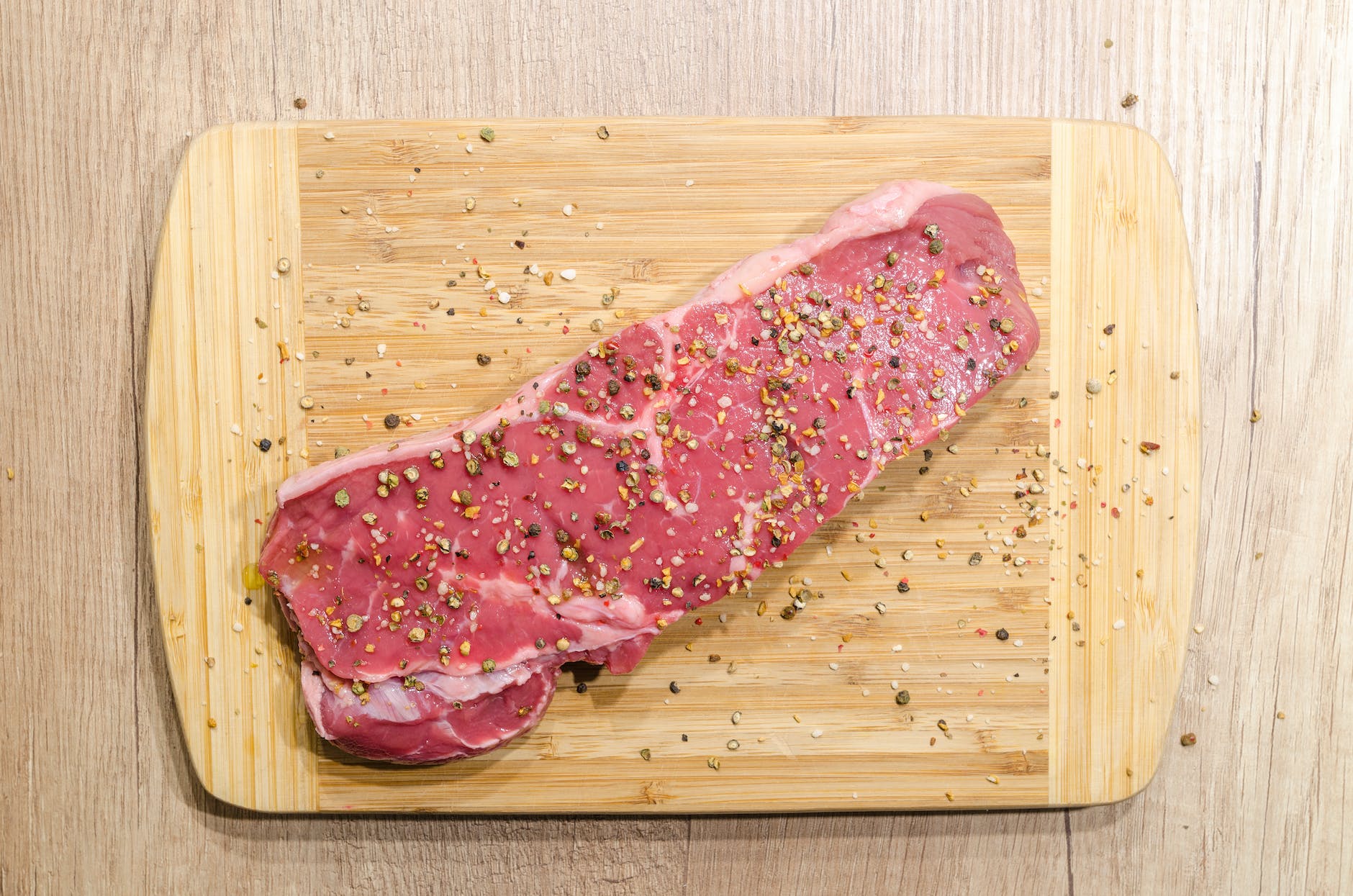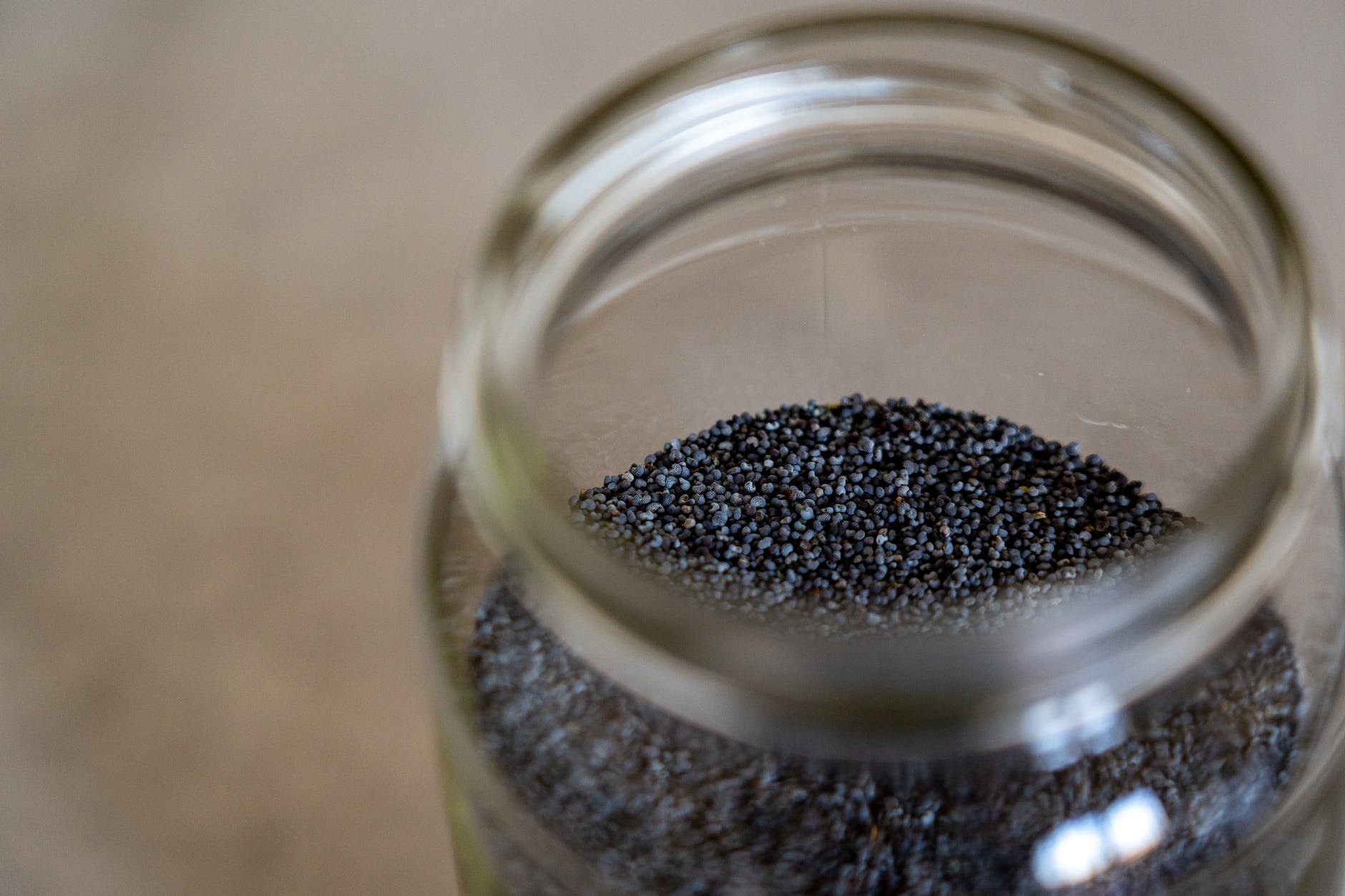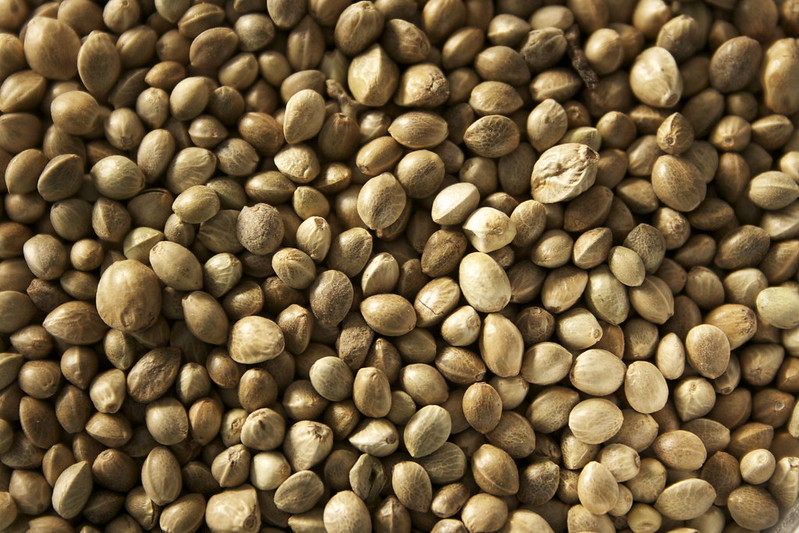
Introduction 😊
Intermittent fasting has gained significant attention for its potential benefits in weight loss, improved metabolic health, and overall well-being. During fasting periods, it’s essential to choose foods that not only keep you satiated but also provide essential nutrients to support your body’s needs. Nuts, with their combination of healthy fats, protein, and fiber, are an excellent choice for maximizing satiety and nutritional intake during intermittent fasting. In this comprehensive guide, we will delve deeper into the world of nuts and explore the best options to enhance your fasting journey and optimize your overall health.
1. Macadamia Nuts 🌰
Macadamia nuts are an ideal choice for intermittent fasting due to their rich content of healthy monounsaturated fats and low carbohydrate content. These fats help promote a feeling of fullness and satiety, which can be especially beneficial during fasting periods. Macadamia nuts also provide a good amount of fiber, vitamins, and minerals, making them a nutritious and satisfying option to include in your eating window.
2. Pecans 🌰
Pecans are another excellent nut to incorporate into your intermittent fasting routine. They offer a balanced combination of healthy fats, fiber, and protein, all of which contribute to increased satiety. Pecans are particularly rich in monounsaturated fats, which have been shown to help curb hunger and reduce the risk of overeating. Additionally, they provide essential vitamins and minerals, including vitamin E, zinc, and magnesium, which support overall health and well-being.
3. Almonds 🌰
Almonds are a staple nut for many, and they make a perfect addition to an intermittent fasting regimen. These nuts are rich in healthy fats, protein, and dietary fiber, all of which contribute to feelings of fullness and satisfaction. Almonds also contain vitamin E, magnesium, and antioxidants, offering numerous health benefits. Incorporating a handful of almonds into your eating window as a convenient and nutritious snack can help support your intermittent fasting goals.
4. Walnuts 🌰
Walnuts are an excellent source of omega-3 fatty acids, which have been shown to promote satiety and reduce appetite. These healthy fats also have anti-inflammatory properties, which may help alleviate inflammation-related symptoms associated with fasting. Walnuts provide a good amount of protein, fiber, and healthy fats, making them a satisfying and nutritious choice during intermittent fasting. They are also rich in antioxidants and offer various vitamins and minerals, including vitamin E and magnesium.
5. Brazil Nuts 🌰
Brazil nuts are not only delicious but also highly nutritious, making them a valuable addition to your intermittent fasting routine. These nuts are packed with healthy fats, protein, and dietary fiber, all of which contribute to satiety and help you feel fuller for longer periods. Brazil nuts are an excellent source of selenium, a powerful antioxidant that supports immune function and offers a range of health benefits. Enjoy a couple of Brazil nuts during your eating window to add a nutrient-dense boost to your diet.
6. Pistachios 🌰
Pistachios are a popular choice for snacking, and they can be a fantastic option for intermittent fasting as well. These nuts offer a balance of healthy fats, protein, and dietary fiber, all of which help promote satiety. Pistachios are relatively low in calories compared to some other nuts, making them a suitable choice for those watching their calorie intake. Additionally, they are rich in antioxidants, vitamins, and minerals, including vitamin B6 and potassium, contributing to overall health and well-being.
7. Hazelnuts 🌰
Hazelnuts are not only delicious but also a nutrient-dense choice for intermittent fasting. They are rich in healthy fats, dietary fiber, and protein, all of which help promote satiety and manage hunger cravings. Hazelnuts also provide essential vitamins and minerals, including vitamin E, manganese, and folate. Incorporating hazelnuts into your eating window as a nutritious snack or using hazelnut butter as a flavorful addition to your meals can enhance your intermittent fasting experience.
Conclusion 😊
Choosing the right nuts during intermittent fasting can significantly enhance your satiety levels and provide valuable nutrients to support your body’s needs. Macadamia nuts, pecans, almonds, walnuts, Brazil nuts, pistachios, and hazelnuts are all excellent options to consider. These nuts offer a combination of healthy fats, protein, dietary fiber, vitamins, and minerals, supporting your body’s nutritional requirements during the eating window.
Remember to practice portion control and be mindful of your overall calorie intake, as nuts are calorie-dense. Enjoy them as part of a balanced eating plan, incorporating them into your meals or snacking on them mindfully to reap their nutritional benefits while practicing intermittent fasting.
🌰✨ Happy and nutritious intermittent fasting with these satiating and nutrient-rich nuts! 🌰✨













